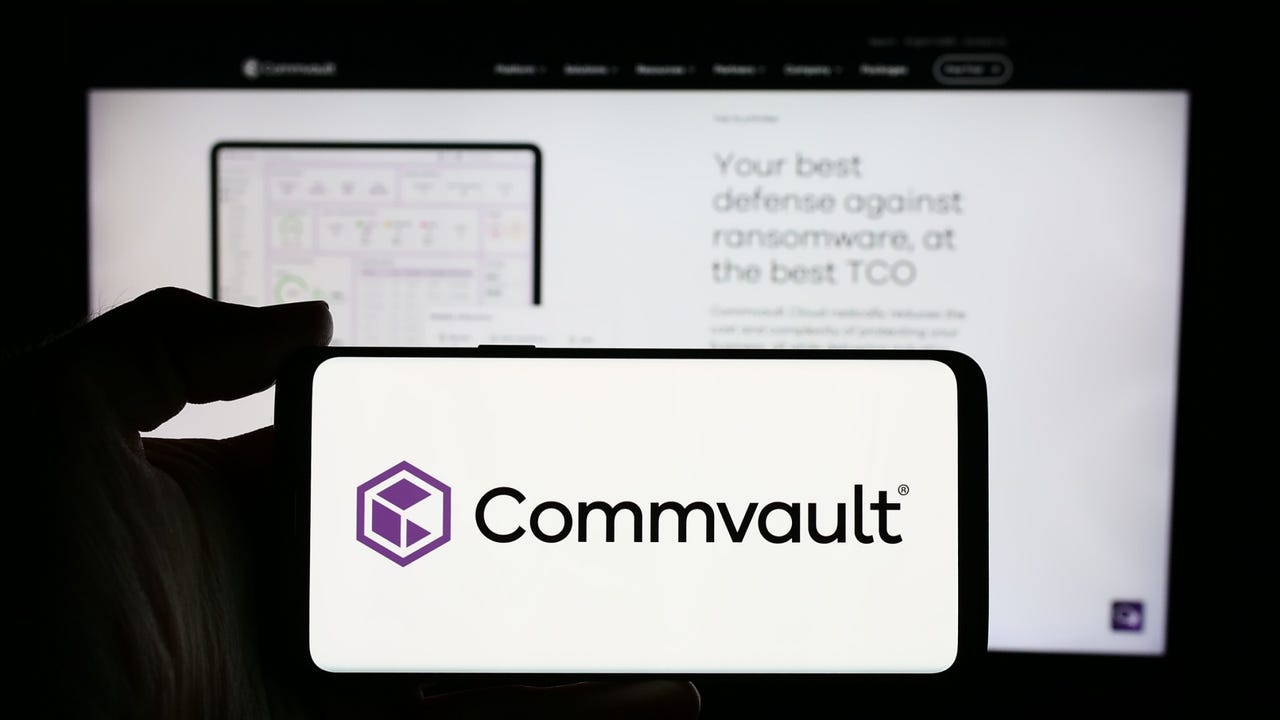E-ZPass and toll scam texts are everywhere. What to do if youre targeted.
E-ZPass scam texts are still going strong, from California to Texas and New York. Here's what to do if you're targeted by a toll scam text.


You might've heard of those toll scam texts. Heck, at this point, you've likely gotten a text pretending to be from E-ZPass or some such entity.
We covered these scams at Mashable back in January, and they're back, if they ever left at all. The main points remain the same: Do not click any links and do not engage with potential scammers. If you get a text claiming to be from E-ZPass, FasTrak, Peach Pass, or some other regional toll service or DMV, be very skeptical, as this has only become a more pervasive problem in 2025.
We've got the latest details to keep you up to date.
What are the E-ZPass and FasTrak scam texts, and how do you spot them?
The E-ZPass toll scam has evolved and shifted over time, but the broad strokes remain the same: a text from a random number claiming you have unpaid tolls or fees, and that you have to remedy that fact or face some sort of consequence. That should immediately ring alarm bells — scammers often want you to feel a sense of urgency to keep you from thinking through your actions. Usually, this text leads you to a link, which could be used to gather your personal information.
Here's an example of a recent version posted to Reddit that received a spirited response in the comments.
Look around online and you'll see lots of folks still posting about the scam texts, some four months after they began surfacing.
Once you're aware of these toll road scam texts, they should be pretty easy to spot. First: Check the sender. At first, these messages often came from a +63 country code, which is for the Philippines. More recent online posts now indicate the scammers have moved on to random email addresses. Regardless, E-ZPass, FasTrak, or your state's DMV office is not sending emails from these sorts of phone numbers or addresses.
Second: Look at the link. DO. NOT. CLICK. THE. LINK. Often, the link redirects to an obviously sketchy site.
Third: Know that this is not how E-ZPass, FasTrak, or other toll services operate. They will snail mail you any bills they owe, and they certainly will not threaten to suspend your driver's license right from the jump.
What to do if you get an E-ZPass or FasTrak scam text?
Again, let us repeat, if you get a scam text: DO. NOT. CLICK. THE. LINK.
From there, most phones have a delete and report junk option for messages, which is what you should do. If you're concerned that there was a modicum of truth to the text, the Federal Trade Commission recommends contacting your local tolling agency to check if it's legit.
But for the most part, tread carefully with any text from an unknown number. If you have to question if you're being scammed, it's likely a scam.
Georgia, California, Texas, and other states with toll scams
As these E-ZPass and DMV scams have proliferated, the scammers have expanded all over the country. In New York state, the toll scam texts were a big enough problem for Governor Kathy Hochul to issue a warning. Government agencies in Virginia and New Hampshire have also issued alerts.
Search trends from Google seem to indicate there are very few places in the U.S. where this scam is not a problem. The issue has clearly hit Georgia, with residents complaining of MyPeachPass scams, for instance.
This Tweet is currently unavailable. It might be loading or has been removed.
This Tweet is currently unavailable. It might be loading or has been removed.
To be clear, the proper response to all these variations of the E-ZPass scam is exactly the same — don't click links and report it as junk. Peach Pass itself put out guidance on its website to that effect.
"The complaint information indicates that the scam may be moving from state to state," the toll service wrote on its site.
Georgia is not alone. California's toll agency recently warned of Metro ExpressLanes scam texts as well.
"Metro ExpressLanes does NOT send out text messages asking for sensitive information or requesting payment," it wrote on its site. "If you receive a text message regarding tolls or violations, please do not respond to the message, do not click any links in it, and do not use any contact information provided in it."
The Texas DMV and Department of Transportation, Maryland's DriveEzMD service, the DC DMV, and other state agencies have all warned about similar toll road text scams. In short: Drivers in all 50 states should be on their guard. The good news: You can just report the text and move on.
Have a story to share about a scam or security breach that impacted you? Tell us about it. Email submissions@mashable.com with the subject line "Safety Net" or use this form. Someone from Mashable will get in touch.











































![Capital One Venture Review [Special Offer – Final Week]](https://viewfromthewing.com/wp-content/uploads/2024/01/20240108_121450.jpg?#)





























